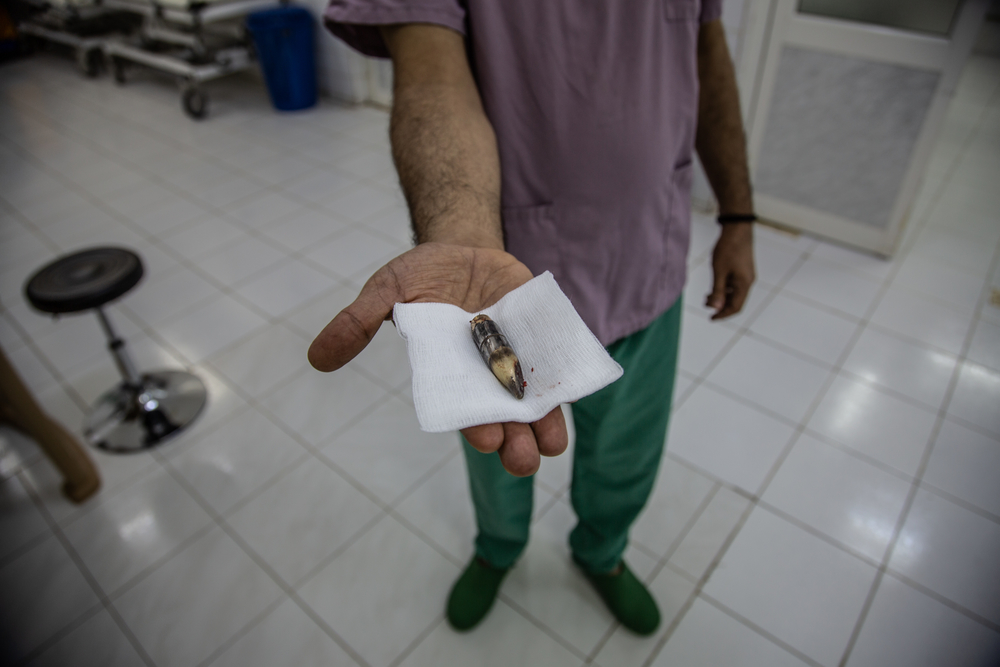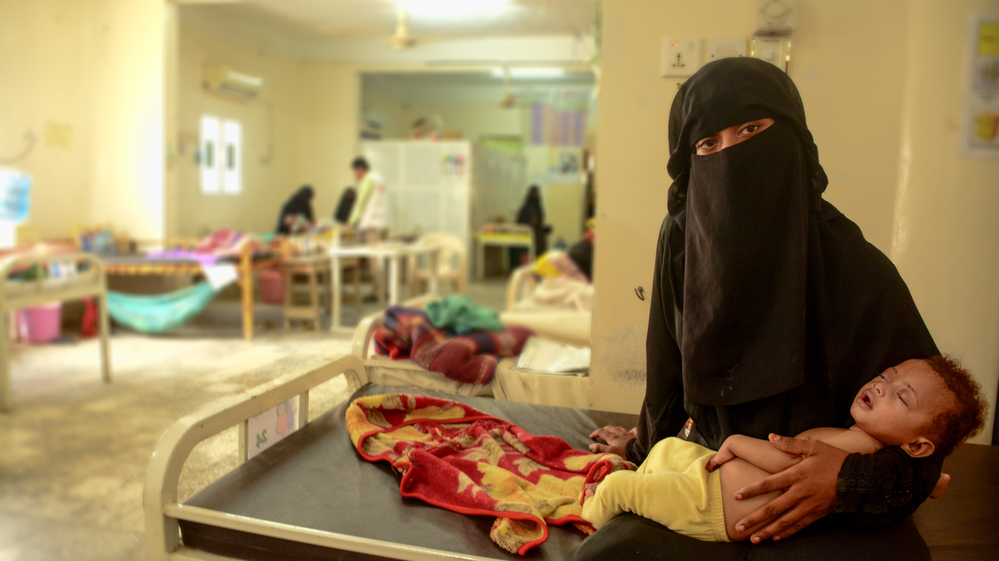Transcript
Super: Saada, Yemen
Man: There used to be shops along here. There were eight to ten shops, but they were totally destroyed.
Super: In 2015, the Saudi and Emirati-led coalition bombed the marketplace in Saada city, in northern Yemen.
Man: Over here, all these were food shops selling dates, raisins, coffee, tea…There were always crowds of people, it was the main market in the city.
Super: Although aerial bombardments have decreased in Yemen,Saada remains the most targeted governorate by the coalition.
Abdul Ghani Fraih, Ministry of Health Representative: Everything was targeted by airstrikes - government buildings, civilian infrastructures and people’s houses. In that building, there used to be the bank, the Post Office and other government offices. They even targeted paramedics, hospitals, and health centres.
Iona Craig, Journalist, Yemen Data Project: Saada governorate has been the most heavily bombed governorate in the whole of Yemen over the course of the war. 23%, so nearly a quarter of all air raids, have happened in Saada. There have been over 700 air raids on residential areas in Saada. The most intensive bombing happened certainly in the first year of the war. There’s been a high rate in Saada of not just hospital air raids, eight of those air raids on hospitals have happened in Saada, but also on markets, over 70 air raids on markets in Saada.
Super: In 2015, the MSF hospital in Haydan was bombed by the coalition. It was rebuilt in April 2018.
Roberto Scaini MSF doctor: In fact, it’s the only hospital in a wide and remote area, so we serve an estimated population of around 180,000 inhabitants. And then it’s not just a matter of distance, it’s more a matter of roads and security because we know that a lot of time even the civilian cars are targeted by shelling and air strikes. So, of course traveling means taking a lot of risks related to the war.
Super: Ayman lost 28 members of his family when his house was bombed in Saada.
Ayman: I could hear my brothers struggling to survive. But there was no one to pull us from the rubble. They only managed to free us after three or four hours because the bombing continued. Whenever people tried to rescue us, the planes would drop bombs. One of the rescuers died while he was trying to help us. The noise was terrifying. We had a barber shop here. My brothers used to work there, I was studying at university. The barber shop was all we had. There were only civilians in house house. We’re not involved with any military groups, we’re just civilians trying to live our lives. I haven’t been back here for three years. I only came today to accompany you. I knew that if I came, I’d b sick for a week. I was hoping to continue studying and maybe work for a company. But infrastructure and universities have been targeted. Now I work in the barber shop. We barely manage to make ends meet.


